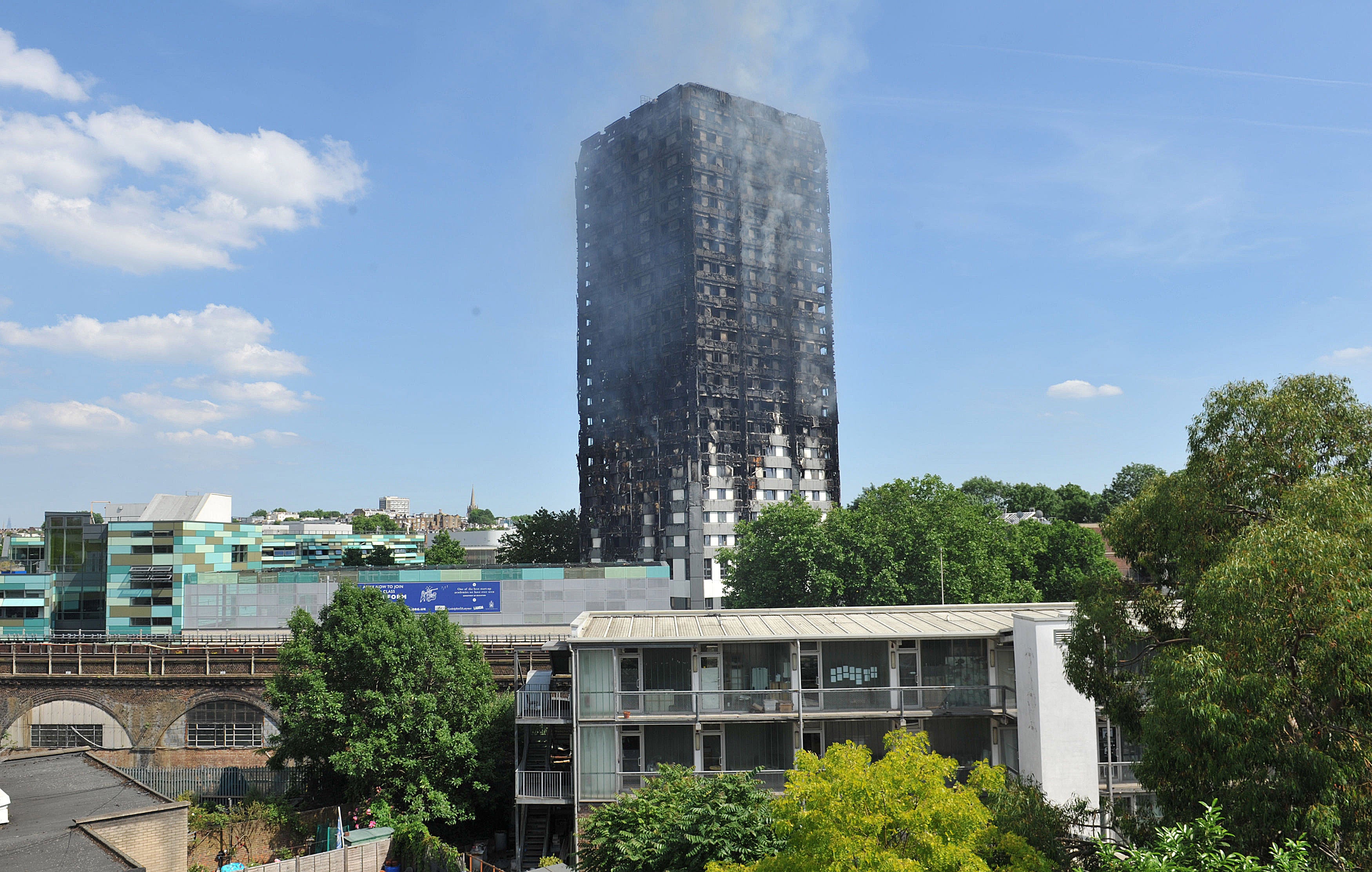Civil servants got Grenfell Tower name wrong during response, inquiry hears
A senior civil servant said she found it “jarring” to see the tower called “Grenfell House” and said she was “sorry” about the mistake.

A senior civil servant has told the Grenfell Tower inquiry she found it “jarring” that staff in her department were getting the name of the building wrong in the days following the disaster.
Dame Melanie Dawes, the Permanent Secretary of the then-Ministry of Housing, Communities and Local Government (MHCLG) on Thursday said she was “sorry” for the “potentially quite offensive” reference to the tower block as “Grenfell House”.
But she denied the suggestion it revealed a lack of “engagement” by staff following the disaster in London on June 14 2017, telling the inquiry it perhaps showed the “level of stretch” in the department at the time.
The 56-year-old, who is currently Chief Executive of Ofcom, held the senior post in MHCLG, now the Department for Levelling Up, Housing and Communities (DLUHC) from 2015 until 2020.
The department took on the responsibility of overseeing elements of the response in the aftermath of the fire.
Dame Melanie was answering a question about communication in her department in the days following the fire when leading counsel for the inquiry Richard Millett QC pointed out that the tower block had been referred to as “Grenfell House.”
She replied: “I find that, as I see it throughout the documents, you know, very jarring and I’m sure that those directly involved in the fire must find it potentially quite offensive and very difficult and I’m very sorry about that.
“It just is a, it’s an oversight which I can’t really explain because I know I was calling it Grenfell Tower right from the very beginning on Wednesday (the day of the fire), so I don’t know how it came to be that Grenfell House was used for so long.”
Mr Millett QC asked: “Does it tell us anything about the degree of engagement of your officials?”
“No, I don’t think so. But no, I don’t think it does, but it perhaps speaks to a certain level of stretch that was going on in the teams,” she replied.
The inquiry heard how the rehousing of Grenfell residents in the days following the fire by Royal Borough of Kensington and Chelsea (RBKC) became a cause for concern.
One of those who were worried, then-Cabinet Secretary and Head of the Home Civil Service Jeremy Heywood, said in an email that there were “lots of concerns” that the local authority wasn’t “gripping” the aftermath of the disaster.
Dame Melanie told the inquiry she went to “persuade” RBKC chief executive Nicholas Holgate to relinquish control of the housing issue, which he then did.
The inquiry also heard how the early stages of the response saw communication problems with the council, with the department using media reports of the fire to find out about the situation.
Dame Melanie described the lack of communication as one of the “major problems.”
She said: “My recollection is that on Wednesday, Thursday, and even into the weekend actually, the lack of information about how those who had survived the fire were being offered accommodation, where they had gone, how many there were, that information was extremely hard to find. The council didn’t have it themselves.”
She added: “And that combined with what I think was rather a defensive approach by the council in not really opening up to others on the Wednesday made our job very difficult.”
Concluding her evidence, she told the inquiry: “I just deeply regret the fact that, you know, families, residents, and the local community who had experienced such a devastating fire and the impact of that did not then get the support that they needed and should have deserved, did deserve, straight after the fire.”
Bookmark popover
Removed from bookmarks